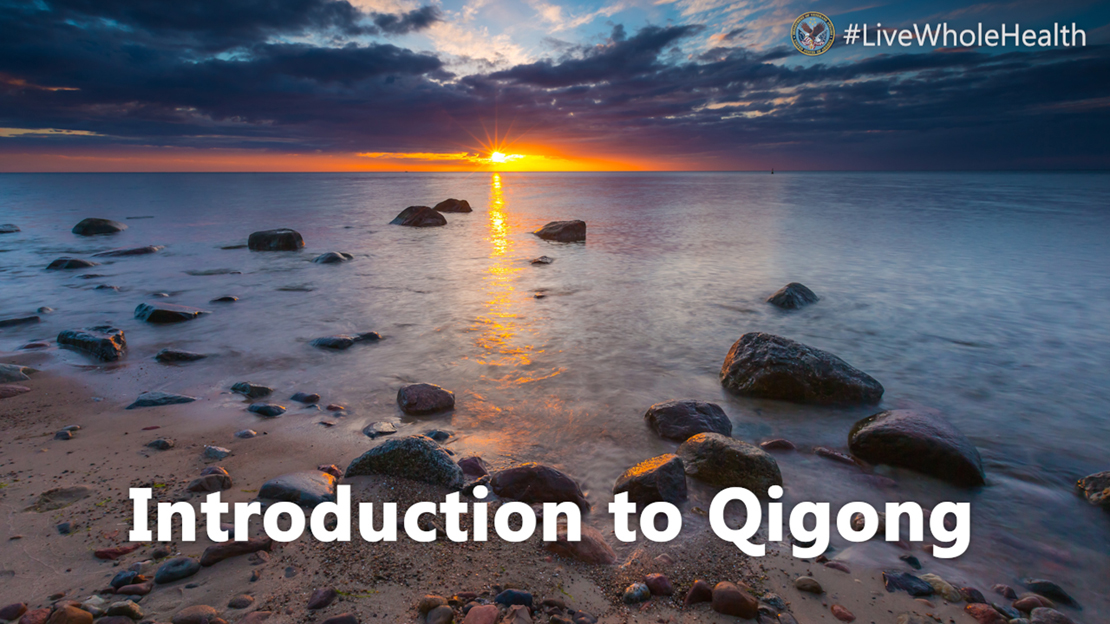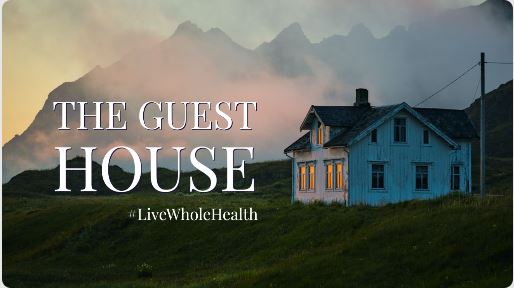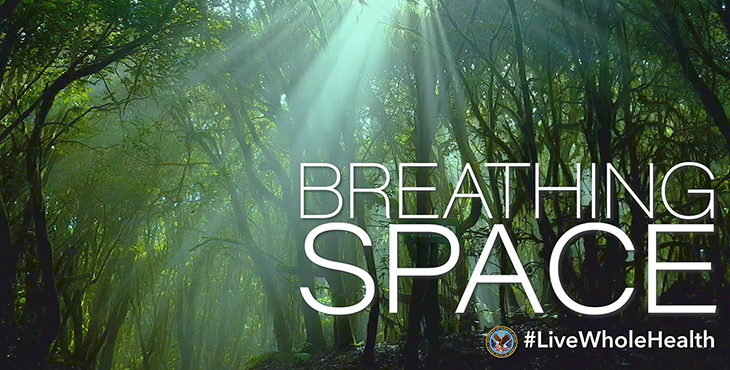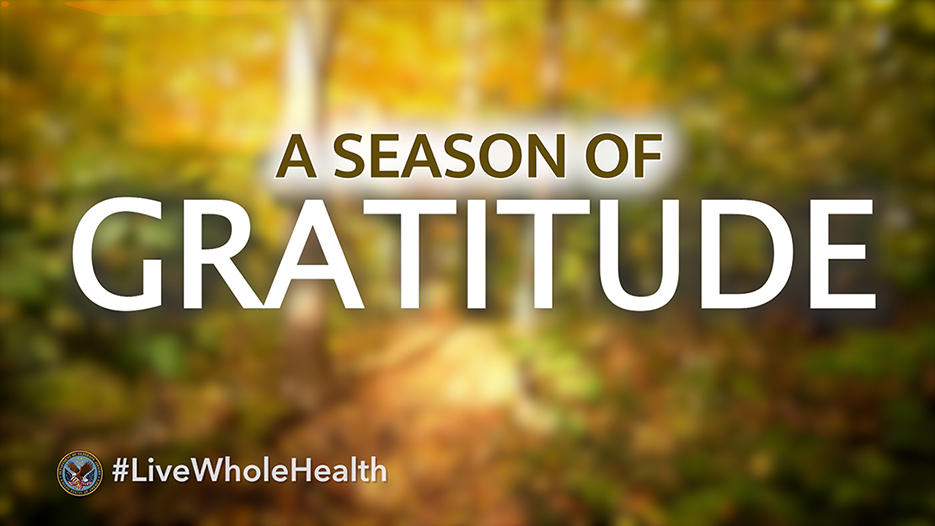“What is all that noise down there?!” my teenage daughter shouted from her bedroom, as I was tidying up the kitchen. I often find myself in that state of frenzy, trying to complete a task and not really thinking about anything but my agitation.
You could say I am messing with my “chi” or my energy by acting this way. All kidding aside, I am not doing my mind, spirit or body any good by being in this state of distress. That’s when I know I need to find a way to balance my to-do list with some qigong – for the sake of myself and those around me!
According to the National Institutes of Health, “Qigong,” pronounced ‘chi gong,’ was developed in China thousands of years ago as part of traditional Chinese medicine. It involves using exercises to optimize energy within the body, mind and spirit, with the goal of improving and maintaining health and well-being. Qigong has both psychological and physical components, and it involves the regulation of the mind, breath and body’s movement and posture.
In most forms of qigong:
- Breath is slow, long and deep. Breath patterns may switch from abdominal breathing to breathing combined with speech sounds.
- Movements are typically gentle and smooth, aimed for relaxation.
- Mind regulation includes focusing one’s attention and visualization.
Dynamic (active) qigong techniques primarily focus on body movements, especially movements of the whole body or arms and legs. Meditative (passive) qigong techniques can be practiced in any posture that can be maintained over time and involve breath and mind exercises, with almost no body movement.
Read more from the National Institutes of Health about Qigong here.
Try it for yourself and practice this 20-minute introduction to Qigong with Mary Ann Douglas from the Nebraska-Western Iowa VA Health Care System.
Take a step toward managing your Whole Health
Practicing qigong is a good for calming the nerves, but there is more to living a balanced and healthier life.
Do you want some ideas for how to improve your own day-to-day life? Do you need to focus more on what matters, and to better manage your stress and health care concerns? Whole Health centers around what matters to you, not what is the matter with you. Find out how you can begin to Live Whole Health here.
Topics in this story
More Stories
Rumi’s "The Guest House" invites us to welcome each emotion as a teacher, even the unexpected ones. Listen and reflect for this week's #LiveWholeHealth practice.
Your breath is the most loyal friend you've always had. Connect, calm and heal with mindful breathing in this week's #LiveWholeHealth practice.
Gratitude is a light that shines through life’s ups and downs. Embrace gratitude this holiday season in just five minutes for this week's #LiveWholeHealth practice.






